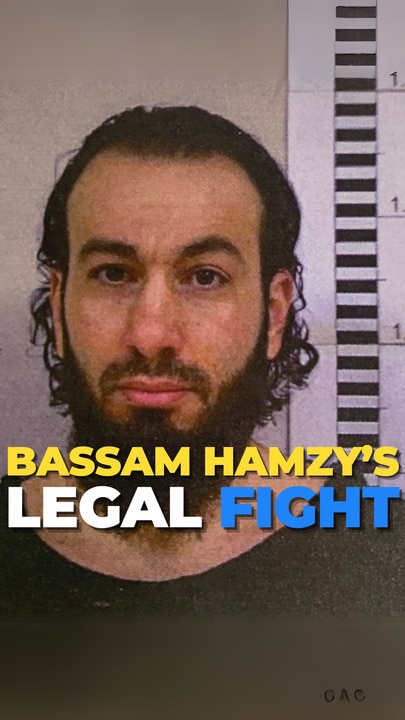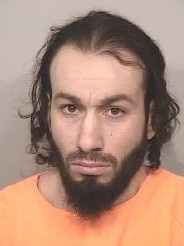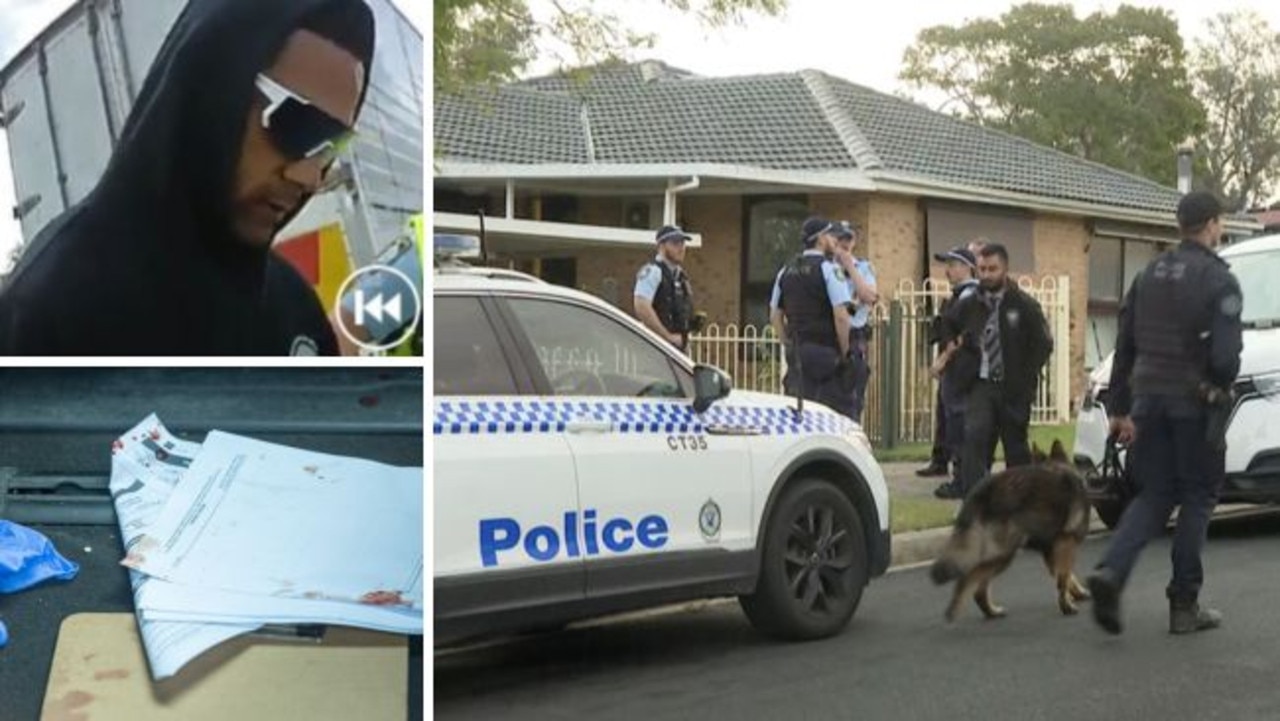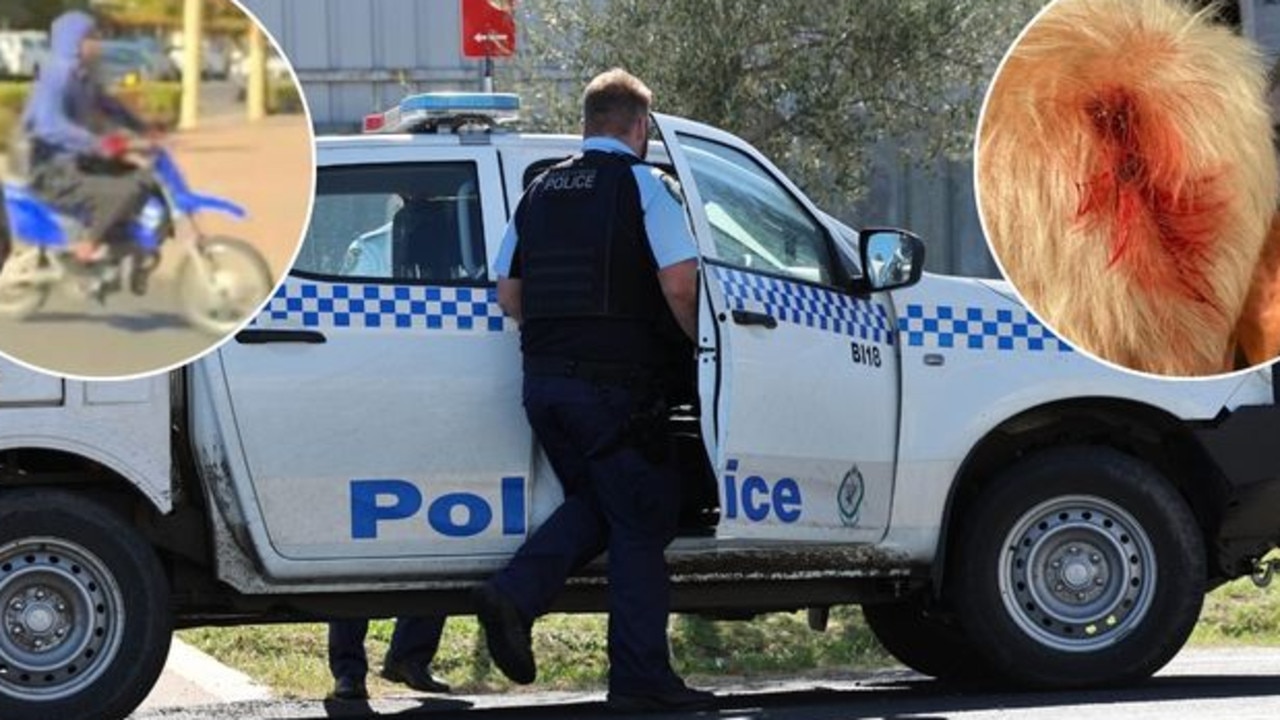How Bassam Hamzy represents himself against experienced lawyers
Bassam Hamzy has represented himself in so many court cases. But is he a trained lawyer? The Saturday Telegraph investigates.

Police & Courts
Don't miss out on the headlines from Police & Courts. Followed categories will be added to My News.
Crime boss Bassam Hamzy has represented himself in so many court cases it has led many to believe he is a trained lawyer.
He’s not.
But his understanding of court procedure and practice has gotten to the level where you would be excused for believing Hamzy had completed a law degree while serving his sentence.
In a May 7 hearing for his negligence case against police, Hamzy (representing himself) alerted Justice Tim Faulkner that state government lawyers were late in filing submissions to him that had been due three days earlier.
“I have still not received those submissions,” Hamzy told the court.

Justice Faulkner turned his eyes to the government barrister on the case, who sought answers from his solicitor.
“This is an oversight and it will be rectified as soon as possible, I’m instructed,” the government barrister told the judge.
It’s surprising behaviour from a man who has been sentenced for mobilising a goon squad in 2008 to inflict violence on a drug dealer outside prison who was late in paying him money.
But with a 40-year sentence to serve in Australia’s most secure prison, where he has been categorised as an “extreme high-risk restricted” inmate, Hamzy has nothing but time on his hands.
So he spends a large portion of his time researching and launching civil cases.
In September 2024, he lost a Supreme Court challenge against prison rules that banned him from speaking Arabic to his family.
One month earlier, he won a case where he convinced the Supreme Court to allow him to have a laptop in his cell to work on his court cases.
Hamzy is viewed as an elder by other inmates and, in 2023, launched a case to be able to view the evidence in their cases to help formulate their cases.
In 2020, he lost an action in the NSW Court of Appeal where he attempted to prevent authorities from viewing evidence relating to him while they were investigating and prosecuting the murder of 15-year-old Braydon Dillon.
He has also launched several cases against his living conditions in prison.
This included one in 2016 where he lost an application to cross examine then Correctives boss Peter Severin and an application to have Justice Geoff Belew removed from the case.
Do you have a story for The Daily Telegraph? Message 0481 056 618 or email tips@dailytelegraph.com.au



